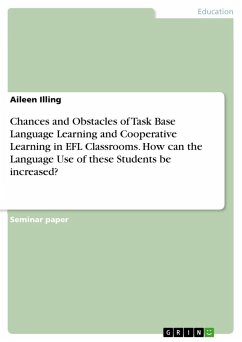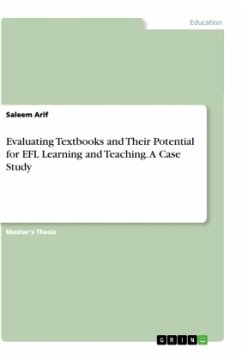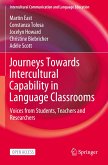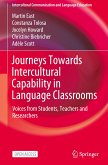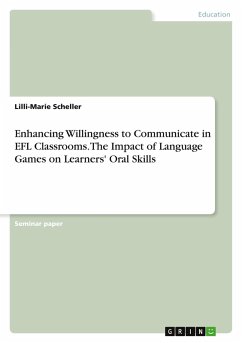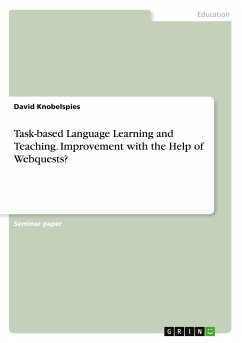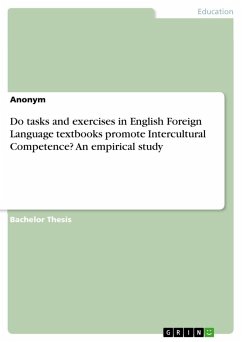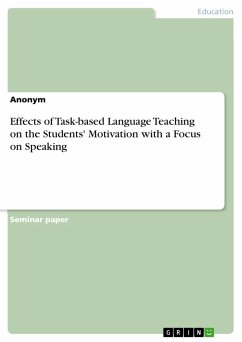Seminar paper from the year 2018 in the subject Didactics - English - Pedagogy, Literature Studies, grade: 1,7, University of Duisburg-Essen, course: Hauptseminar, language: English, abstract: Nowadays, through the shift towards Communicative Language Teaching (CLT), which appeared in the 1990s, and the approach of Task Base Language Learning (TBLL), which was developed out of CLT, the importance of using the target language in order to acquire it is emphasized.Although this opinion is very popular, some teachers are not able to increase the Student Talking Time (STT) in their EFL classrooms. Therefore, this paper focuses on the question how the approach of TBLL and the concept of cooperative learning can help the teachers to increase the STT in secondary EFL classrooms and scaffold the acquisition of communicative competence of their students. In order to do so, this paper first of all explains some important theories regarding second and foreign language acquisition and points out what is meant by the term of communicative competence. After that, this paper offers an overview about the characteristics of TBLL and why this methodology can be used in order to give the students more chances to use the target language in EFL classrooms. This paper will also discuss the chances and obstacles of group work as one possible method of cooperative learning which can foster oral participation. It will also explain what teachers should consider in order to use this approach efficiently. Before the results are summed up at the end of this paper, a concrete teaching sequence is suggested.
Bitte wählen Sie Ihr Anliegen aus.
Rechnungen
Retourenschein anfordern
Bestellstatus
Storno

